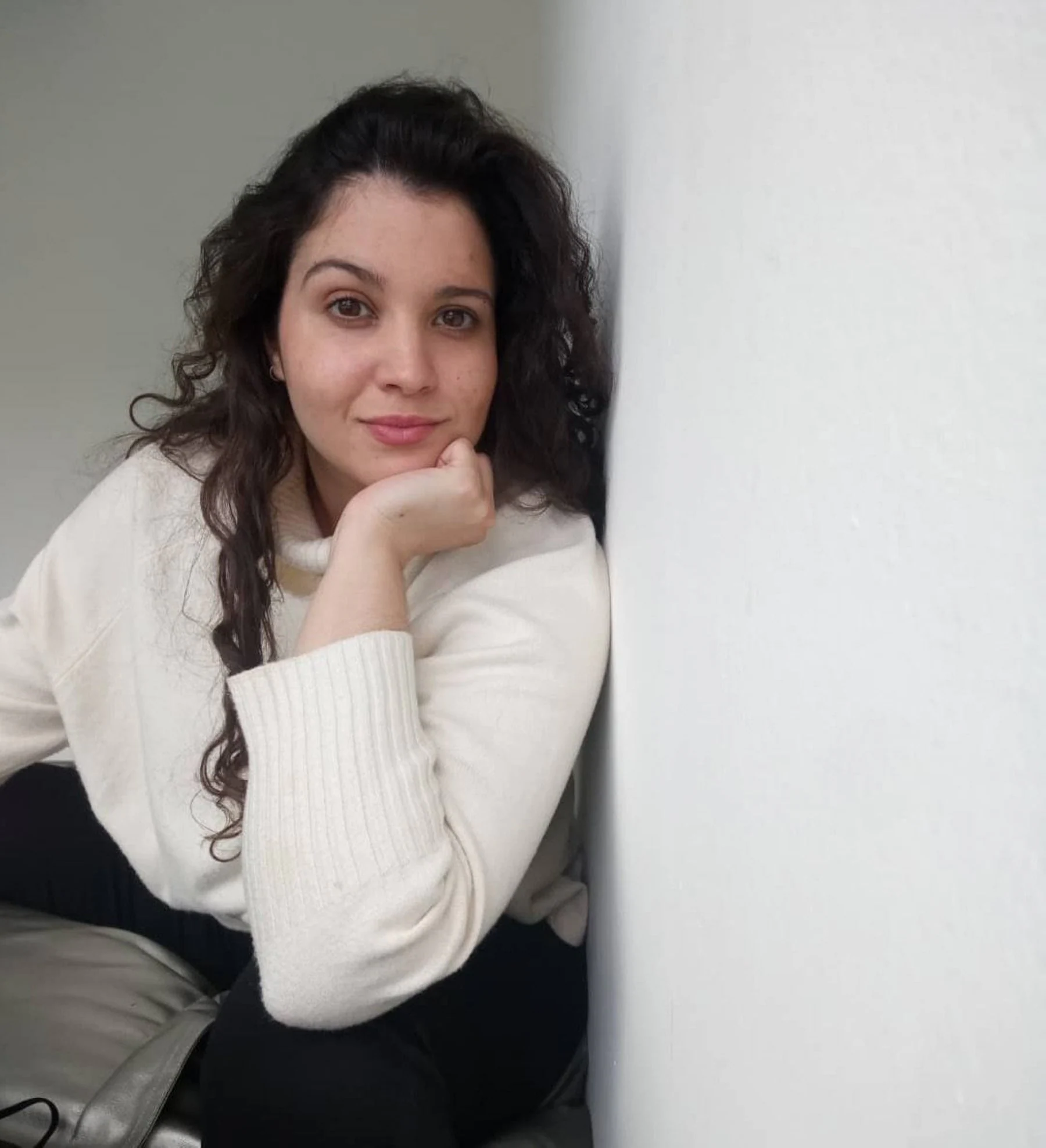A theoretical chemist usually studies – although not exclusively – physical and chemical phenomena at an atomic or molecular scale, through theoretical or computational approaches. That is, his experiments are done on a computer and the development and/or use of different levels of theory, depending on the problem in question.
Franco Bonavia explains with an example: “You can see how a chemical reaction takes place, how much energy is needed to activate it, how a molecule binds to a surface or a protein … The theories can be quantum or classical and they can be Computers used can be common or (usually) computers Giant. It’s a scientific field that links chemistry, physics, and computing, among other disciplines.”
Bonaveh is a chemical theorist from Córdoba and currently residing in Germany, researching for his Ph.D. He is working on theories and models to better understand the interaction of light with matter at the nanoscale: “I am at the Max Planck Institute for the Structure and Dynamics of Matter, together with physicists from all over the world, some dedicated to developing new theories and others to program them in a computer and run calculations” Glimpse of Cordoba From Hamburg, where he has been living since February 2019. He finished his PhD in Cordoba in December 2018 and immigrated a few weeks later to Europe.
– What study are you doing?
I devote myself more to the implementation of methods and models for understanding various phenomena. In particular, I am interested in what happens on the surface of nanoparticles and 2D materials when illuminated with light. The energy they absorb from the light is converted into electronic currents, which can generate electric charge transfers and electric fields at the nanoscale. Understanding these effects in detail requires increasingly complex tools, but at the same time, the information they provide us is essential for designing better miniature devices for various uses, such as experimental equipment for spectrometry or making microscopes, and for making use of solar energy for storage as electrical or chemical energy, among others. other.
“How long does it take to achieve something like this?”
– Unknown. The short answer is: always more than I can (laughs). The course of science is never linear, hypotheses and preliminary estimates are proposed that rarely lead you directly to the result, and in fact these are the most interesting projects. “Safe” science seems more boring to me, more challenging problems are more fun and require building frustration tolerance and strategies for getting out of situations where one feels stuck.
Is teamwork the key to this type of research?
– Depends on the project. Thanks to the connections we have in my institution, I have many collaborations with experimental groups,
I always interact with them. Sometimes I work individually, under the guidance of the group manager, in other cases it is required to look at the problem using different levels of theory and collaborate with other theorists inside and outside the institute. I’m also a contributor to two open source software, Octopus and DFTB+, where I work with other developers with completely different profiles than mine. Teamwork, whether with experimentalists, theorists or computer scientists, is always the most enjoyable and enriching.
The Max Planck Society is the institution that has received the most Nobel Prizes in history.
- biotechnology project
- Bonafé, in addition to investigating in Germany, is still connected to Cordoba. It is part of Biotec Córdoba, a project that aims to promote the generation of viable technologies with impact in the sphere of the circular economy, bringing them into the productive social sector. Incidentally, the doctor in chemistry explained: “At Biotec, as well as at i-Teams Córdoba and several projects in which the Global Shapers Foundation is involved, of which I am a member, we seek to amplify the impact of research beyond academic interest. It is a multifaceted problem, but we focused To work with undergraduate and postgraduate students, providing them with tools that enable them to create and evaluate possible applications of scientific results from universities and institutes of Cordoba. We do this jointly with several scientific and technological institutions in Cordoba. On these projects, I collaborate remotely, help the team select projects, Putting the training program together, networking with other institutions in the field and improving the process. It is a great way to connect with the demands of the community and the productive sector in Córdoba and to strive to bring some results to the community despite their typical difficulties.”





